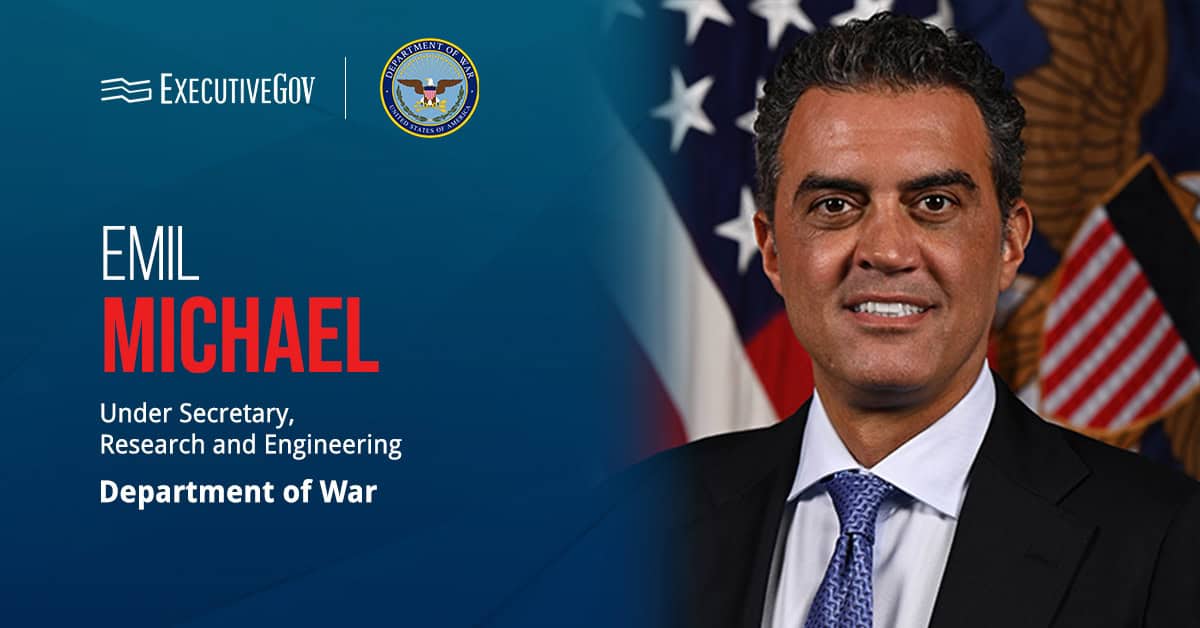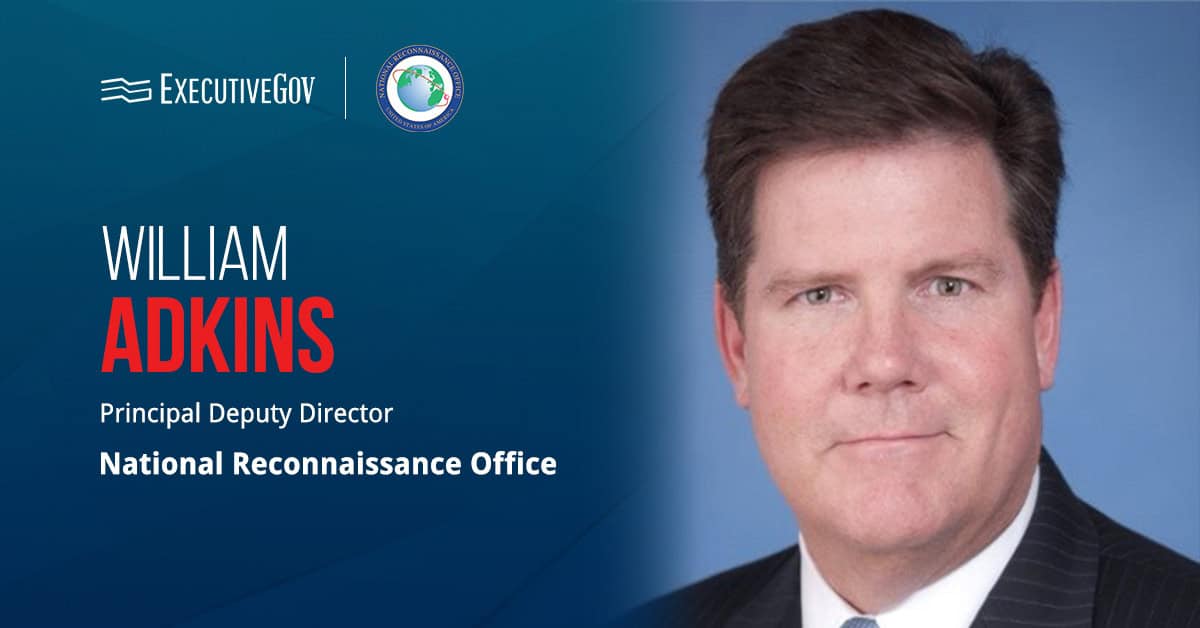The Department of the Navy has extended the response deadline of a request for information notice on counter-unmanned aircraft system products that can boost the Marine Air Defense Integrated System‘s lethality.
Parties now have up to Jan. 20 to submit information on C-UAS interceptor technology that can integrate with MADIS Block 1, which features integrated capabilities designed for active air defense, DON said Monday in a SAM.gov notice.
MADIS uses ground-based air defense systems to protect military assets with respect to standoff, range and lethality.
The U.S. Marine Corps considers including a C-UAS interceptor in MADIS’ Block 2 update. The service branch wants interceptors that can be field refurbish-able and recoverable or non-recoverable to reduce engagement costs.





